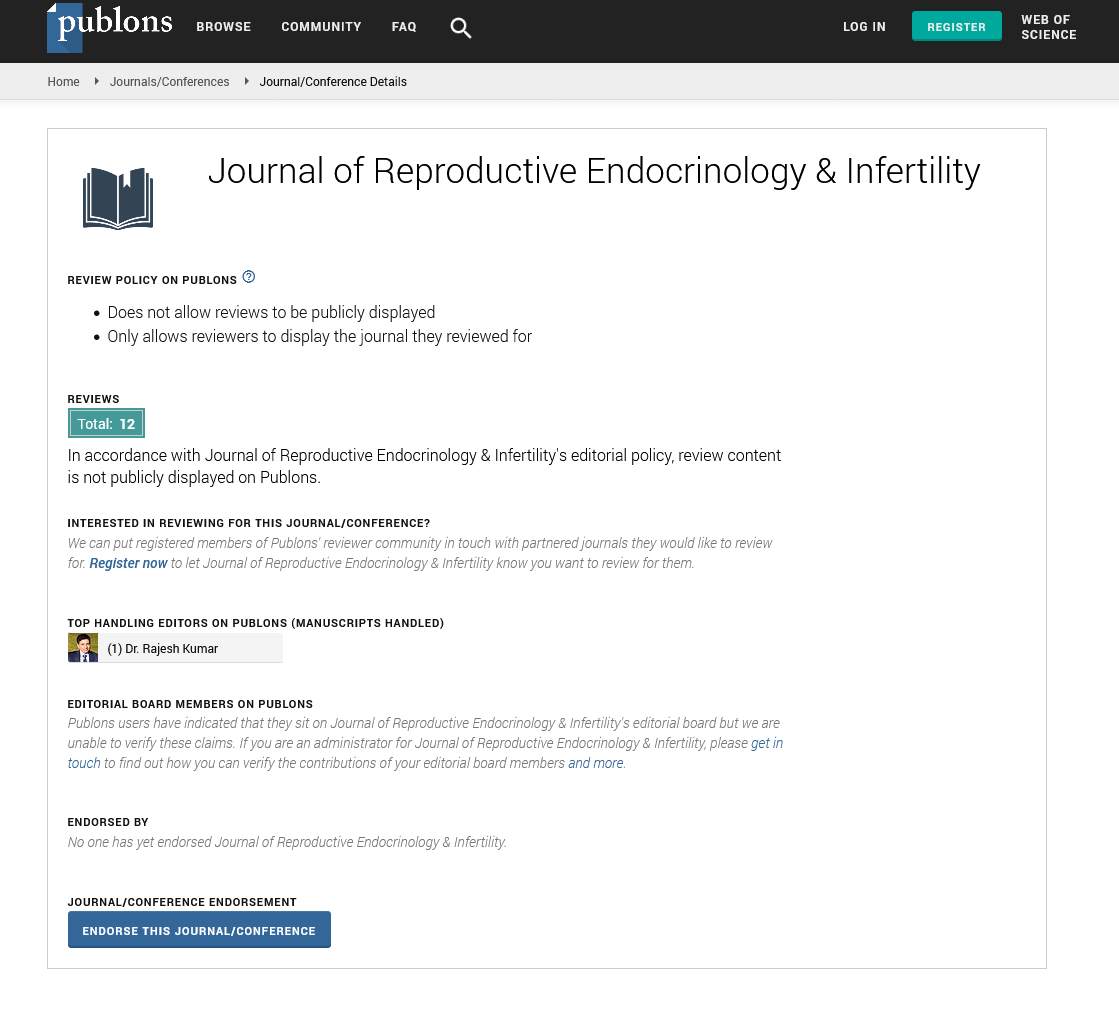Abstract
Assessment of Quality of Life and Therapeutic Outcomes of Metformin, Pioglitazone with Myoinositol and Ethinylestradiol Cyproterone in Ethnic Pakistani Women with Polycystic Ovary Syndrome
Background: Only a few studies are available on improvement in quality of life after reviewing treatment in Polycystic Ovary Syndrome (PCOS) patients and no study was found in ethnic Pakistani women. This study was aimed to compare the outcomes of metformin, pioglitazone and ethinylestradiol cyproterone as changes in Quality of Life (QoL), clinical features, and adverse drug reactions, in patients suffering from PCOS.
Methods: This observational study was carried out at 4 public and private sector infertility centers in Islamabad. Patients aged 18-43 yrs, as per Rotterdam criteria diagnosed as PCOS were included in the study. Chi-PCOSQ as a measure of HRQoL. Patients were stratified according to BMI, infertility and family history of diabetes mellitus to further analyze features of these groups. Paired-t-test and regression analysis was applied to study changes in patient’s quality of life after 3 months of treatments given. Findings: We recruited 160 patients (20.6% obese, 61.2% infertile, and 46.2% patient’s presents with family diabetes history). Mean score of Chi-PCOSQ was 98.4 ± 24.2 with lowest in infertility (10.3 ± 7.9) domain. Metformin improved hair loss (p=0.015), pelvic pain (0.007), oligo menorrhea (p=0.001) and in Chi-PCOSQ depression domain score (p=0.002). Whereas pioglitazone improved acne (p=0.01), oligo menorrhea (p=0.031) and depression domain score (p=0.013). Ethinylestradiol cyproterone improved acne (p=0.003), menorrhagia (p=0.01) symptoms and in Chi-PCOSQ menstrual, acne and hair loss domain score (p=0.004 & p=0.001, respectively). A few of the patients also reported adverse drug reactions e.g. Ethinylestraiol cyproterone and metformin resulted in gastrointestinal upset in 21.4% and 11.5% patients, respectively.
Conclusion: Given drugs improved patients, clinical features and HRQoL while no drug significantly improved patient’s hirsutism related problems. PCOS adversely affects patient’s QOL and there was variation in clinical features from patient to patient. So, PCOS must be treated with drugs specifically considering their clinical features.
Author(s):
Khan A*
Abstract | Full-Text | PDF
Share this

Google scholar citation report
Citations : 43
Journal of Reproductive Endocrinology & Infertility peer review process verified at publons
Abstracted/Indexed in
- Google Scholar
- Sherpa Romeo
- China National Knowledge Infrastructure (CNKI)
- Publons
- International Committee of Medical Journal Editors (ICMJE)
- Secret Search Engine Labs
Open Access Journals
- Aquaculture & Veterinary Science
- Chemistry & Chemical Sciences
- Clinical Sciences
- Engineering
- General Science
- Genetics & Molecular Biology
- Health Care & Nursing
- Immunology & Microbiology
- Materials Science
- Mathematics & Physics
- Medical Sciences
- Neurology & Psychiatry
- Oncology & Cancer Science
- Pharmaceutical Sciences


